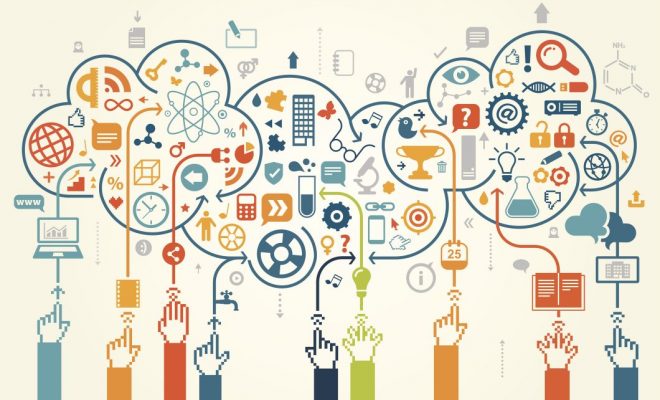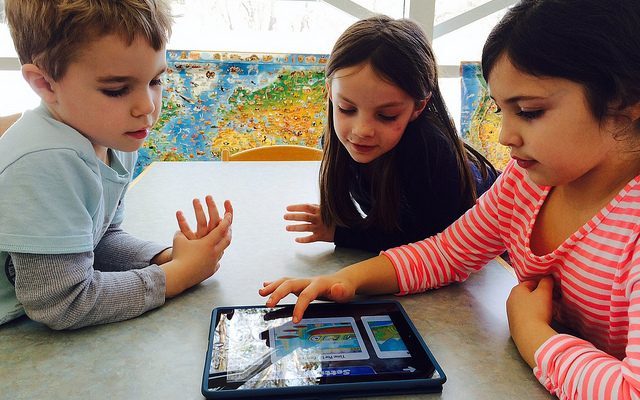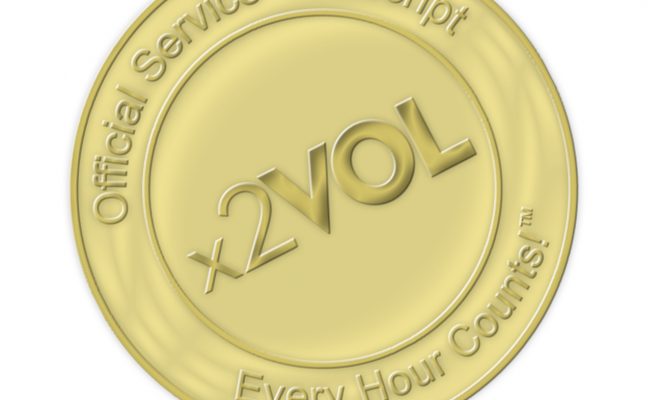My Vision for the Future of Artificial Intelligence in Education

Artificial Intelligence. It has many applications in education.
Imagine this: students wake up in the morning and, via SMS, confirm their attendance and that they will be taking the bus. Students then receive a reply with their transportation details, which vary depending on the number of pickups and the traffic. Upon arriving at school, students meet with their tutors who have individualized learning plans given to them based on collected data and the students’ strengths. Throughout the day, students receive alerts via SMS as to lab availability, opportunities to study with peers, fire alarms, and the fastest evacuation route, and more.
While this is not my vision for the future of A.I. in education, it is that of Innovation Leader, Christine Nasserghodsi. On the one hand, there are some definite benefits to this style of education; on the other hand, it seems like a very sporadic, unpredictable model for learning.
Nasserghodsi lists some of the possibilities for advancements in schools using A.I.:
- Adaptive learning programs that respond to students
- National and global data that advises teachers of the best learning interventions
- Regularly updated and relevant content
- Tailored learning plans based on student needs and performance
- Predictive models that are school-specific
Ben Dickson also lists some ways in which artificial intelligence can enhance education:
- “Machine Learning algorithms” identify gaps in educators’ teachings and points where students are struggling
- “Personalized, supplemental guidance” for students
- Self-optimized engines and “human-computer ”
- Content moderation of online platforms
- Textbooks and content creation customized to individual learning needs
Still more “roles for artificial intelligence in education” are highlighted in this article. Some of the roles mentioned include:
- Automation of essential activities such as grading and marking
- Filling in gaps and suggesting where courses and their content need improvement
- Changing the role of teachers
Certainly, these applications are useful. But this is not my vision for the future of A.I. in schools. Frankly, artificial intelligence scares me, as it does Elon Musk, a man well-versed on the subject and one to whom we ought to listen.
In fact, Musk, alongside Stephen Hawking, began warning us about A.I. and the massive risks involved three years ago. He has even started a billion-dollar campaign to advocate against the advancement and use of artificial intelligence.
It’s really quite terrifying, the conversation that is ongoing about the development of A.I. While Demis Hassabis, a leading creator of A.I., believes he is undertaking the most important project in the world, Musk instead thinks he, himself, is undertaking the most important project in the world: interplanetary colonization.
This discussion should not be taken lightly. Musk has stated that other planets will be our salvation should A.I. “go rogue” and take over the world, while Hassabis replied that “A.I. would simply follow humans to Mars.”
This is frightening stuff. What’s more is that others, including partners and investors in Hassabis’ former company DeepMind – which has since been acquired by Google – believe that human extinction is probable and that our own technology will likely have a role in this destruction.
While increased use of technology in the classroom is improving education in many ways, it’s important to recognize the dangers associated with using such advanced artificial intelligence in general, let alone in schools.
My vision for the future of A.I. in education is not necessarily the total absence of it, but one where its use is strictly regulated and monitored, while heeding the advice of those learned on the subject, like Elon Musk.
While companies like Google and Alphabet might have good intentions, Musk makes an eery, yet valid point that they could “produce something evil by accident” – possibly even a “fleet of artificial intelligence-enhanced robots capable of destroying mankind.” I know that this may seem silly and mirror the plot of every movie in the Terminator franchise, but it’s a real possibly.
There must be a combination of “biological intelligence and machine intelligence” according to Musk. This is sage advice that should be noted by developers and educators. Not only does A.I. threaten the jobs of teachers, but it also diminishes human interaction, socialization, and creativity.
Beyond the alarming potential of advanced artificial intelligence to not only desocialize but also destroy humans, it threatens to significantly reduce the only trait humans have to stay ahead of an increasingly mechanized world: creativity.
While data and robots make our lives easier and stand to improve such models as education, creativity is ever-important. Creativity, compassion, and emotional connection are what separate us from machines, and if we lose these, we are most certainly doomed.
Thus, the use of A.I. in education is valuable in some ways, but we must be hyper-vigilant in monitoring its development and its overall role in our world.
My vision for A.I. in education mirrors that of Elon Musk’s vision for A.I. in general. Advanced A.I. should be kept out of education until we better understand it and its potential. After all, it is artificial intelligence; it learns on its own and at a much faster rate than humans. And we truly have no idea just how intelligent it could become and what that might mean for humankind.






